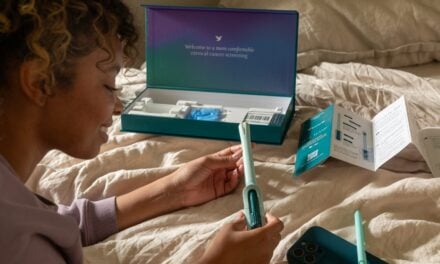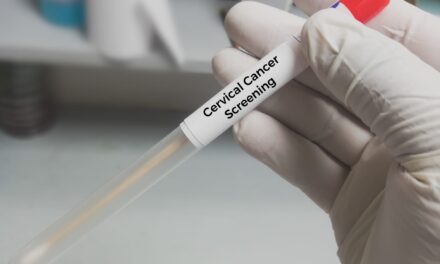The new testing option detects 14 high-risk HPV strains without requiring pelvic examination, targeting patients 30 and older with no previous abnormal screenings.
HNL Lab Medicine has launched a self-collected human papillomavirus (HPV) test designed to increase patient privacy and access to screening for HPV strains that can lead to cancer.
The test detects 14 high-risk HPV strains known to cause vaginal, cervical, and certain head and neck cancers. Unlike traditional HPV testing, the self-collected option eliminates the need for a pelvic examination, allowing patients to collect their own sample in a private setting.
“The availability of self-collected HPV testing gives patients an option with added privacy, ease, and convenience,” says Caitlin Murphy, PhD, clinical lab director at HNL Lab Medicine, in a release. “For those who are uncomfortable with pelvic exams, self-collected testing is an excellent alternative.”
Target Population and Collection Process
The test is available to patients age 30 or older who have no history of HPV and no previous abnormal cervical screenings. Sample collection occurs in a private space within a healthcare provider’s office, with clinical staff available nearby to provide instructions or answer questions.
Patients experiencing symptoms such as unusual discharge, bleeding, past abnormal test results, or pelvic pain should still consult a healthcare provider for a pelvic exam and further evaluation, according to the company.
“Many people with HPV do not experience symptoms,” says Murphy in a release. “A self-collected test offers a reliable screening method and can reduce the need for invasive testing if the result is negative. If a test result is positive, it provides an early warning sign that allows patients and their providers to pursue additional testing or treatment only when necessary.”
Addressing Healthcare Disparities
The self-collected testing option aims to reduce healthcare disparities by creating more accessible screening for patients who may face barriers to traditional care. Earlier detection and treatment through increased access to HPV screening can improve outcomes and reduce the burden of HPV-related cancers.
“With increasing HPV vaccination rates, we hope to see a future where these cancers are far less common,” says Murphy in a release. “Until then, regular screening and early intervention remain the most effective ways to protect patients’ health.”
Patients interested in the test should discuss their options with their healthcare provider. HNL Lab Medicine operates 50-plus patient service centers in Pennsylvania and 16 acute care laboratories within partner hospital sites, supported by more than 40 board-certified pathologists and scientific directors.
ID 273190481 © Panuwat Dangsungnoen | Dreamstime.com




